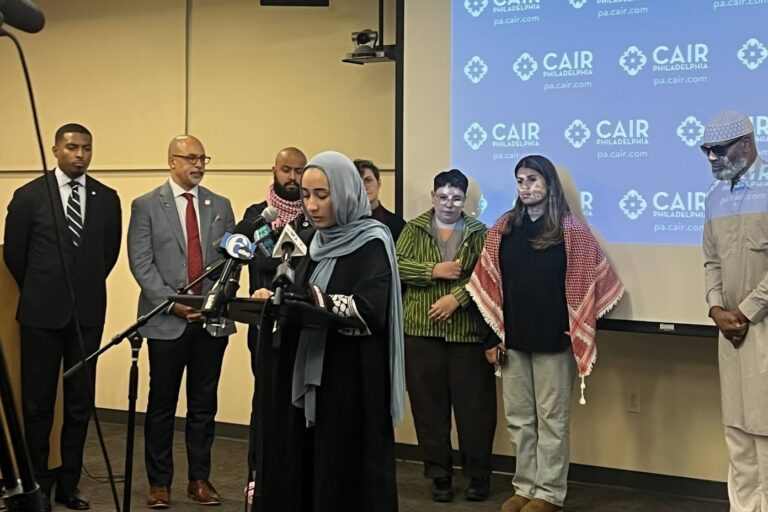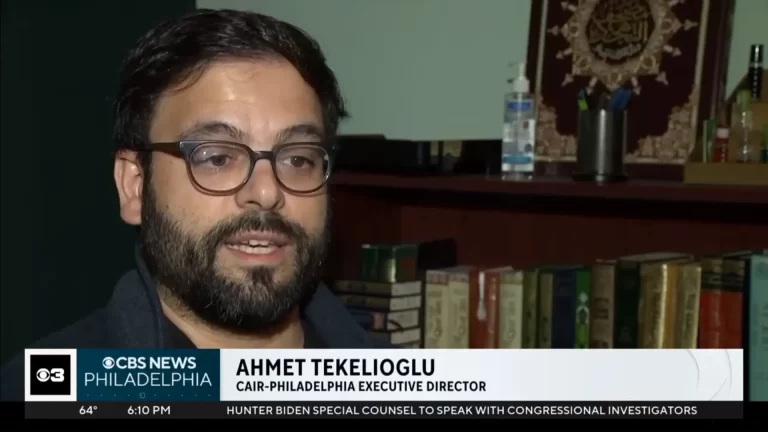by Dan Russo
NewsofDelawareCounty.com, July 14, 2005
As British authorities focus on their intense search for the terrorists behind Thursday’s London bombings and a large clean up effort, many Americans an ocean away are feeling effects as well.
Locally, the biggest practical impact is on mass transit. The Department of Homeland Security raised the terror alert for mass transit to Orange, or high, beginning July 7, which meant more police patrols in many areas.
On Monday at SEPTA’s 69th Street Terminal, a consistent stream of commuters flowed through the hub as a group of police officers observed near the main entrance.
Some customer’s, like Yeadon’s Ivy Whittman decided to change her patterns following the attacks.
“I go at different times now,” said Whittman, who is also enrolling in the para-transit program because of her status as a cardiac patient. She said she plans to avoid peak hour travel, and said some new security measures could help prevent future dangers.
“They should have cameras or something available on trains to inspect packages,” she said.
In contrast, Brad Fischer, a daily SEPTA commuter from Springfield, said he doesn’t plan on changing anything, and thinks that more technology isn’t the solution to greater transit safety.
“I would say about the only thing we can do is ask everyone to be vigilant,” said Fisher. “It’s pretty low tech, but it’s the best thing.”
Keeping mass transit secure poses unique challenges because it is a particularly “soft target,” according to Widener University professor William Nicholson.
“You can’t have a one size fits all plan,” he said. “Clearly such steps as putting on added law enforcement, as well as bomb sniffing dogs and closed circuit TV monitors [are useful].”
Nicholson served as the state of Indiana’s General Council for Emergency Management and has written several books on emergency response and management law.
“The most important thing is to keep your eyes open. If you feel that strong about something … tell a law enforcement person,” he said
Adeeba Al-Zaman, a spokeswoman for the Philadelphia chapter of the Council on American-Islamic relations (CAIR), said the group has met with British representatives in Washington, and has condemned the attacks.
“We’re offering our condolences,” she said. These events are unfortunate.”
CAIR is a national Muslim civil rights group. Al-Zaman said although most Muslims don’t condone the violence done in the name of their religion, after attacks like the one in London, the risk for reprisals against local mosques and Muslim people rises.
“We’re stepping up safety measures and urging community leaders to report hate crimes,” she said. “We haven’t had any major incidents.”





